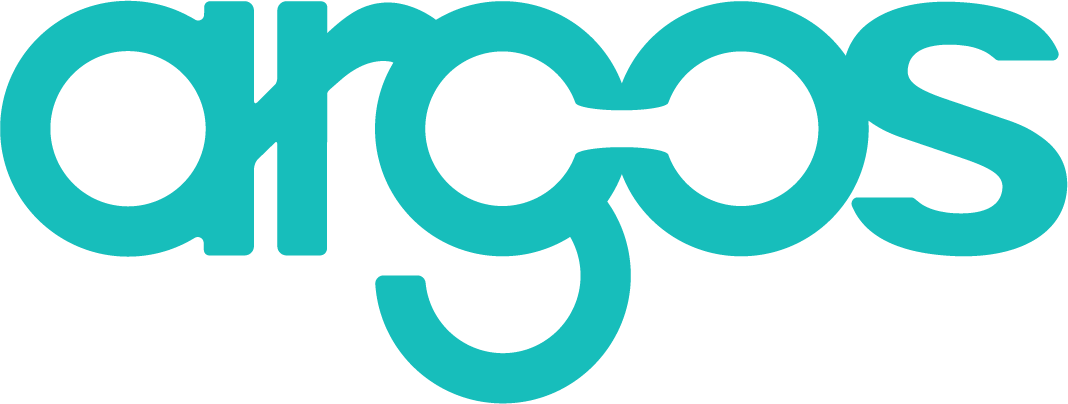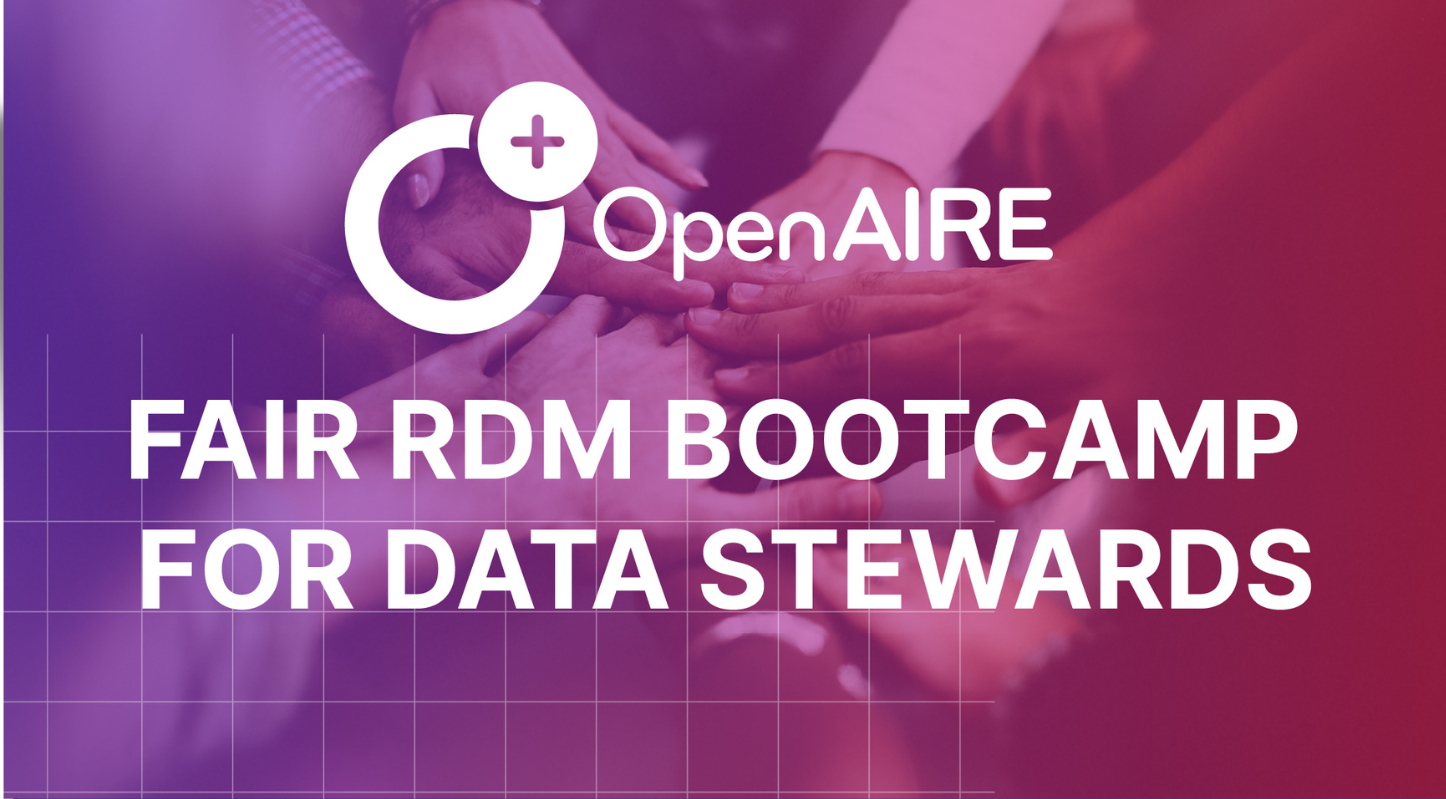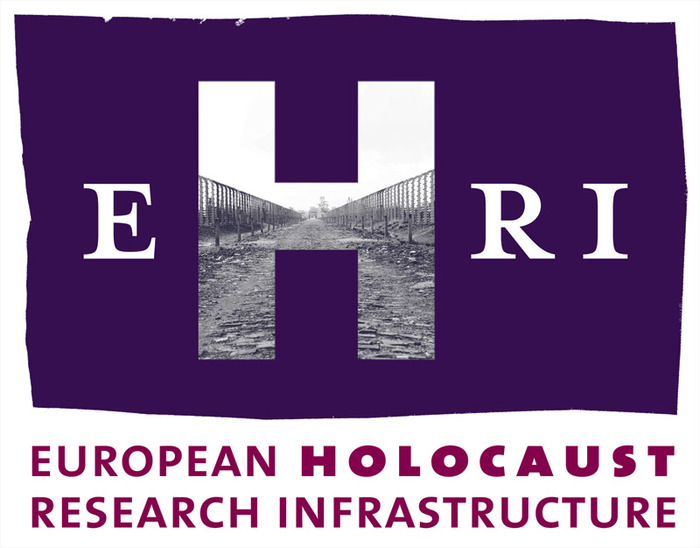
Course Overview
This course equips data stewards, librarians, archivists, curators, and research support staff with the knowledge and skills to effectively manage research data. Participants will explore the fundamentals of Data Management Plans (DMPs), their significance, and best practices for creating and implementing them. Through hands-on sessions, learners will gain practical experience with the ARGOS tool, a key platform for managing DMPs in alignment with Open Science and FAIR data principles. Additionally, participants will learn to build customized DMP templates and workflows tailored to their institutions' needs, ensuring seamless integration into research processes.
Learning Outcomes
By the end of the course, participants will be able to:
- Understand the principles and importance of DMPs in research.
- Explain the historical and current landscape of DMP tools and policies.
- Use the ARGOS tool to create, manage, and enhance DMPs.
- Apply best practices to support researchers in developing comprehensive DMPs.
- Lead the implementation of Research Data Management (RDM) policies at their institutions.
- Build and customize DMP templates to meet organizational needs.
- Design workflows for integrating DMPs into institutional research practices, ensuring compliance with Open Science standards.
Course Syllabus
Lesson 1: Introduction to DMPs and Research Data Management (RDM)
- Overview of DMPs and their role in RDM.
- Key concepts of Open Science and data sustainability.
Lesson 2: Evolution and Current Practices in DMPs
- Historical development of DMPs.
- Current tools and best practices for effective data management.
Lesson 3: ARGOS Tool for DMP Management
- Introduction to ARGOS: features, functionalities, and practical applications.
- Hands-on session for creating DMPs using ARGOS, ensuring compliance with institutional and Open Science policies.
Lesson 4: Practical Assignment
- Scenario 1: Implement a Research Data Management policy at an institution.
- Scenario 2: Lead the Data Management Planning for a new research project.
How to Use This Course as a Trainer
This course is designed for trainers to deliver engaging, interactive sessions. Each lesson combines foundational theory with practical exercises to ensure knowledge application.
Interactive Learning
Incorporate slides, quizzes, group discussions, and hands-on activities to balance theory and practice.
Pedagogical Tips
- Use small groups for collaborative exercises.
- Incorporate gamification techniques to enhance engagement and retention.
Tailoring for Audiences
Adapt the content for various audinces, such as researchers, data stewards, and managers, by emphasizing relevant aspects like ethics, data protection, and Open Science practices.
Supporting Resources
Provide additional materials, including templates, guidelines, and tools, to help participants deepen their understanding and apply best practices in DMP creation and management.
Details
- Language: English
- Resource Types: Interactive sessions, slides, exercises, study cases
- Audience: Data stewards, librarians, archivists, research support staff, and managers in academic and research institutions

This bootcamp equips early-career data stewards with practical skills in Research Data Management (RDM), ensuring they can apply FAIR principles, manage ethical and legal compliance, implement Open Science best practices, and engage in hands-on exercises with real-world case studies.
- Docente: Agnieszka Cybulska-Phelan
- Docente: Theodora Kavvadia
- Docente: Elli Papadopoulou
- Docente: Michelle van den Berk
- Docente: Obrad Vučkovac

This course is designed to provide EHRI researchers and archivists with an introduction to research data management, data management plans, FAIR data and Open Research. The content is an overview of these topics, and includes discussion on how it applies to Holocaust research.
EHRI is funded by the European Union

Essentials 4 Data Support is an introductory course for those people who (want to) support researchers in storing, managing, archiving and sharing their research data.
Essentials 4 Data Support is a product of Research Data Netherlands.
Mission
The Essentials 4 Data Support course aims to contribute to professionalization of data supporters and coordination between them. Data supporters are people who support researchers in storing, managing, archiving and sharing their research data.
Target group
The course focuses on anyone wanting to support researchers in storing, managing, archiving and sharing research data: a data supporter. Think, for instance, of (data) librarians, IT staff and researchers with duties involving data management.
Learning objectives
The name for the course – Essentials 4 Data Support – refers to the main goal of the course: teaching the basic knowledge and skills (essentials) to enable a data supporter to take the first steps towards supporting researchers in storing, managing, archiving and sharing their research data.
After the course, data supporters will have gained an insight into the phases in the lifecycle of scientific research data. Points of reference are given for each phase in order to advise researchers about adding value to their research data. View this table to see which competences will be paid attention to in this course.
With this course we mainly aim to offer a community and starting point for data supporters to meet and where they can benefit from each other’s newly gained knowledge and skills. We think that supporting researchers in being responsible for their research data is a team effort. IT staff, library staff, data librarians and data specialists all play their parts. If data supporters know where to find each other, everyone benefits – the researcher in particular.
Research disciplines vary greatly and each requires a specific approach that is not offered in this course.
Course structure
In addition to acquiring knowledge, it is the practicing and sharing of this knowledge which is key to Essentials 4 Data Support. You can take this course in two ways.